Something to look forward to: The House Judiciary antitrust subcommittee is looking forward to Wednesday's hearing where the CEOs of Google, Amazon, Apple, and Facebook will make a joint appearance to answer questions related to their companies' business practices. For the past 13 months, the Subcommittee has been analyzing an enormous pile of documents from Big Tech companies to understand how they have come to dominate their respective markets. Asking the CEOs the right questions might lead to more adequate legislation that ensures fair competition and thus better chances for new market entrants and smaller players.
The hearing will be livestreamed today, starting at 12pm ET / 9am PT. You can watch it on the embed above.
For scale, Microsoft, Google, Apple, Amazon, and Facebook currently have a combined market cap of around $5 trillion and generated revenues of $773 billion in 2019. The hearing is not meant to seek punitive action against the four tech companies, but it should serve as the basis for an updated legislation that could prevent further abuse of market power from the dominant forces in the tech industry.
Lawmakers had already acquired 1.3 million documents from the tech giants and conducted several interviews and public hearings, meaning they should be well prepared with the right line of questioning. Specifically, the bipartisan antitrust panel wants to find out if Big Tech has grown too big and whether this has allowed a relatively small number of platforms to dominate their respective markets by working around current competition law.
Update: The CEO's opening statements have been posted on the House Judiciary Committee's site.
A quick excerpt from Apple CEO Tim Cook's statement reads "After beginning with 500 apps, today the App Store hosts more than 1.7 million.. .if Apple is a gatekeeper, what we have done is open the gate wider. We want to get every app we can on the Store, not keep them off." Google's Sundar Pichai: "free services like Search, Gmail, Maps, and Photos provide thousands of dollars a year in value to the average American."
Meanwhile part of Mark Zuckerberg's opening statement reads "the American way, by starting out with nothing and providing products that people find valuable ... I believe it's important to maintain the core values of openness and fairness that have made America's digital economy a force for empowerment and opportunity here and around the world."
Jeff Bezos says "We should scrutinize all large institutions, whether they're companies, government agencies, or non-profits. Our responsibility is to make sure we pass such scrutiny with flying colors."
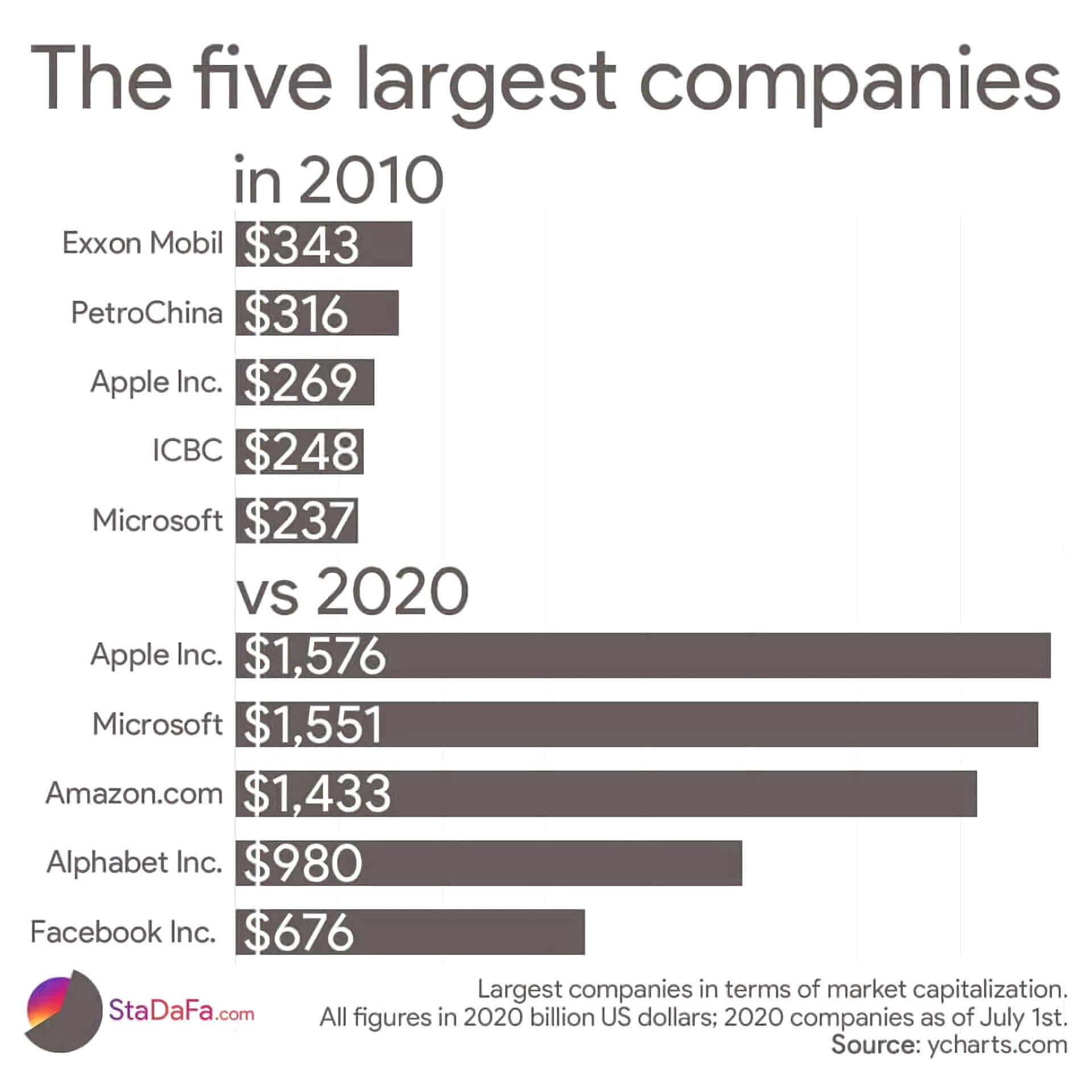
In a joint statement, House Judiciary Committee Chairman Jerrold Nadler and Antitrust Subcommittee Chairman David Cicilline explained that "given the central role these corporations play in the lives of the American people, it is critical that their CEOs are forthcoming. As we have said from the start, their testimony is essential for us to complete this investigation."
Some speculate the biggest target of the hearing will be Amazon CEO Jeff Bezos, who is now the world's richest man. Bezos will have to explain to antitrust regulators how his company's mission "to continually raise the bar of the consumer experience" relates to practices of predatory pricing, burying competitors in search queries, and abusing third-party seller data to create its own products.
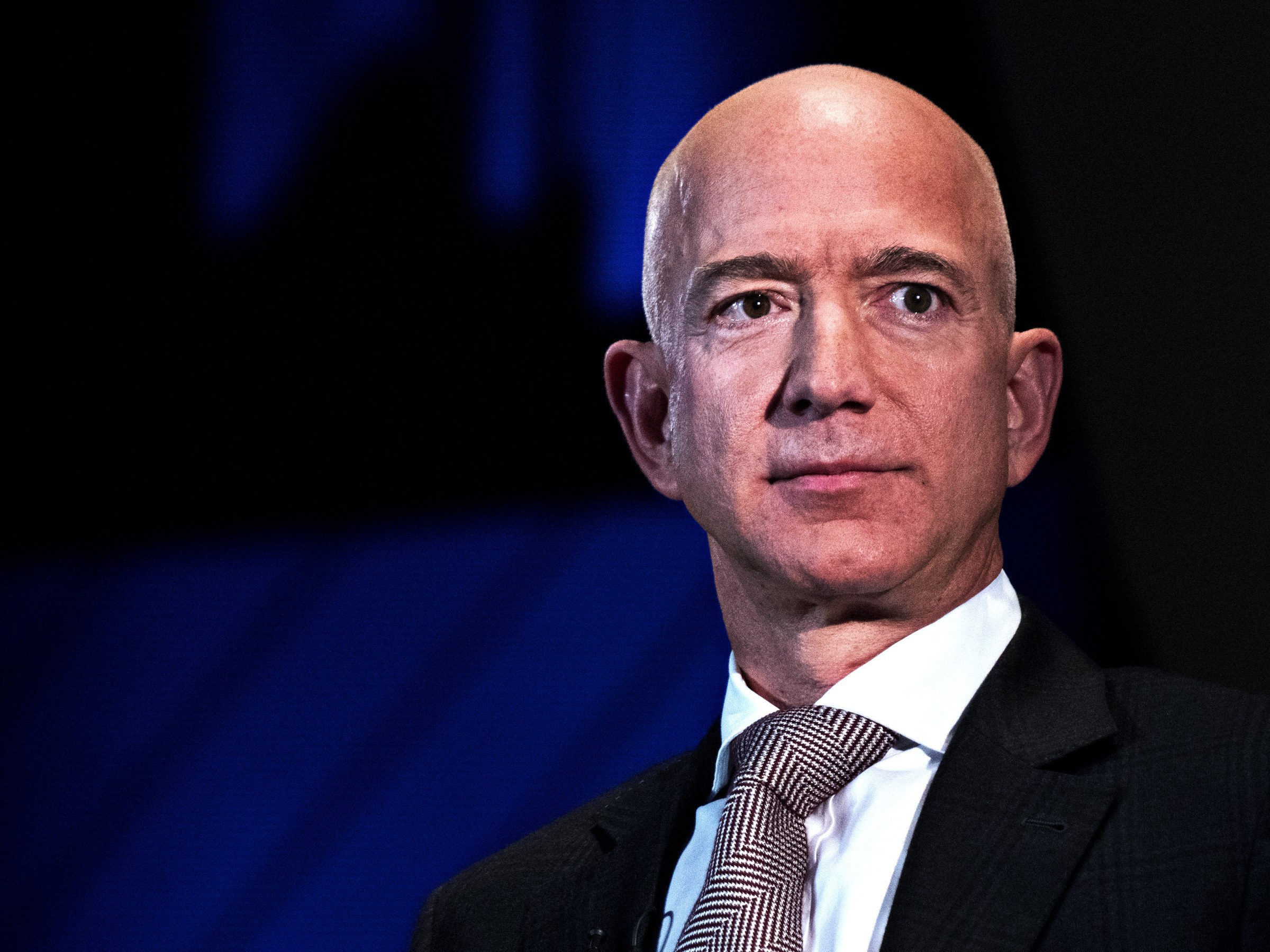
For some of the members of the Judiciary Committee, earlier testimony with respect to how Amazon manages its marketplace may have been "misleading, criminally false or perjurious." Bezos will likely bring into attention an Amazon-commissioned study that showed how small businesses have actually seen "rapid sales and hiring growth" as a result of joining the retail giant's online marketplace, with the majority of these companies using Amazon as an online sales channel.
Apple's Tim Cook almost managed to avoid antitrust scrutiny by forging strong relationships with White House officials and supporting president Trump's "Made in America" initiative with the Mac Pro line. He has also been very vocal about large social platforms that tend to amass user data and profit from it, which is part of Apple's strong stance on user privacy.
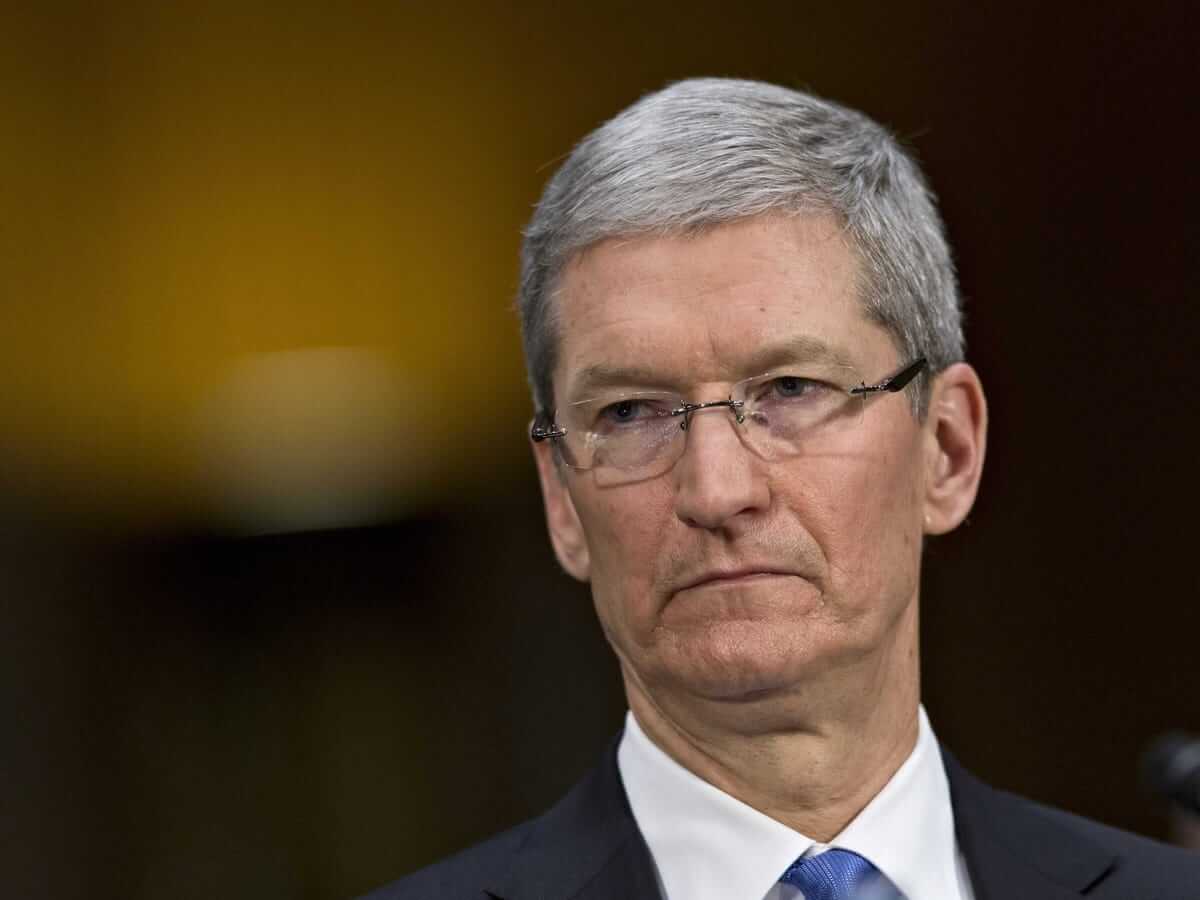
However, as the App Store has grown into a large business that accounts for $519 billion in consumer spend every year, many have brought into question the company's tight control over it. Specifically, the company has been accused of "Sherlocking" functionality from certain apps and rendering them obsolete. Some companies feel they're being coerced into paying 15 to 30 percent of their revenue made from digital goods and services that are sold through the App Store.
Last week, an Apple-commissioned study defended the practice, noting that most app stores charge the same 30 percent commission rate. It also pointed fingers at other marketplaces where retailers and travel booking services take an even higher cut on the revenues made through them. The study also mentions how most app stores and marketplaces require users to go through the platform owner's payment mechanism and actively police other behaviors like redirecting to an outside service.
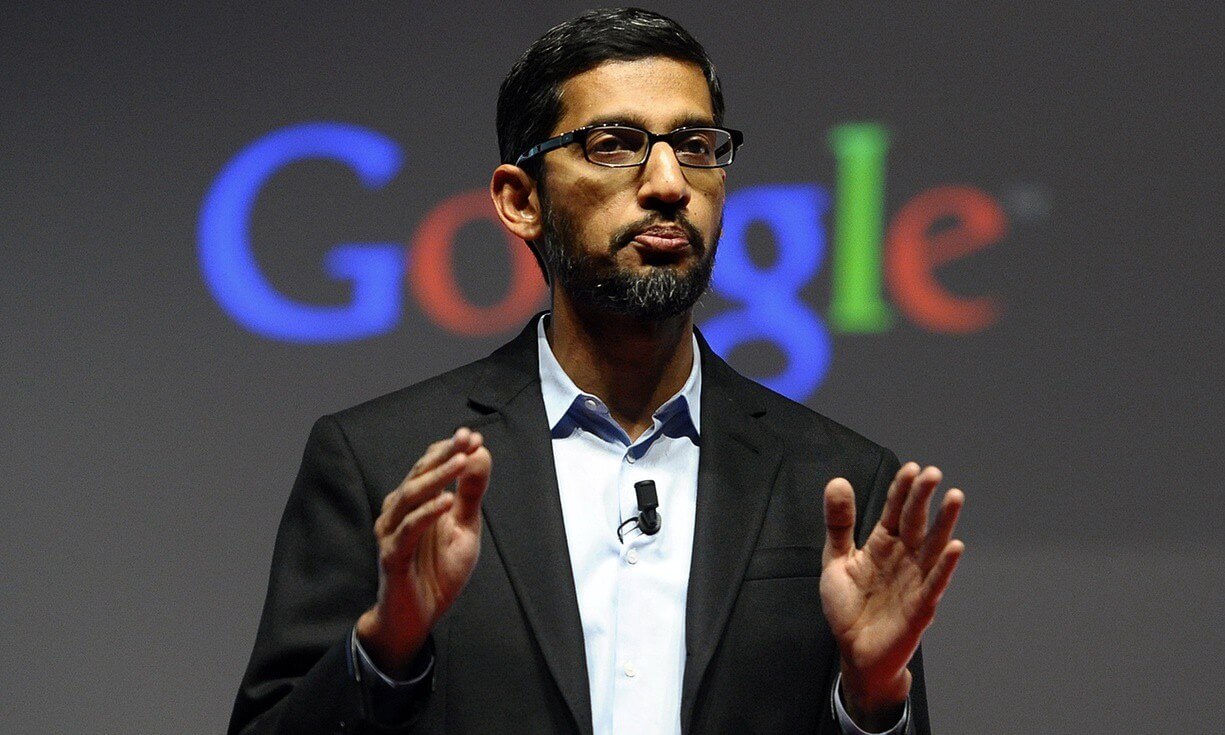
Google is a different beast that holds dominant positions in search, mobile services, advertising, and online video. The company has made a number of acquisitions and mergers including DoubleClick, AdMob, YouTube, and Android – all of which have allowed it to amass the data of billions of consumers and potentially guided its overall strategy over the years through things like Android Lockbox.
Moreover, CEO Sundar Pichai will have to explain why Google has been making controversial changes to Search over the years that have mostly served to benefit Google at the expense of its competitors. Pichai can always point fingers at Amazon, as the retail giant has taken the lead in recent years when it comes to products searches.
It also helps that YouTube, which is arguably one of the world's largest search engines, operates as an independently-led subsidiary of Google. However, regulators can still attack Pichai on Google and Apple's billion-dollar search agreement, which leaves competitor search services in the dust when it comes to over one billion users who buy the latter company's high-end devices.
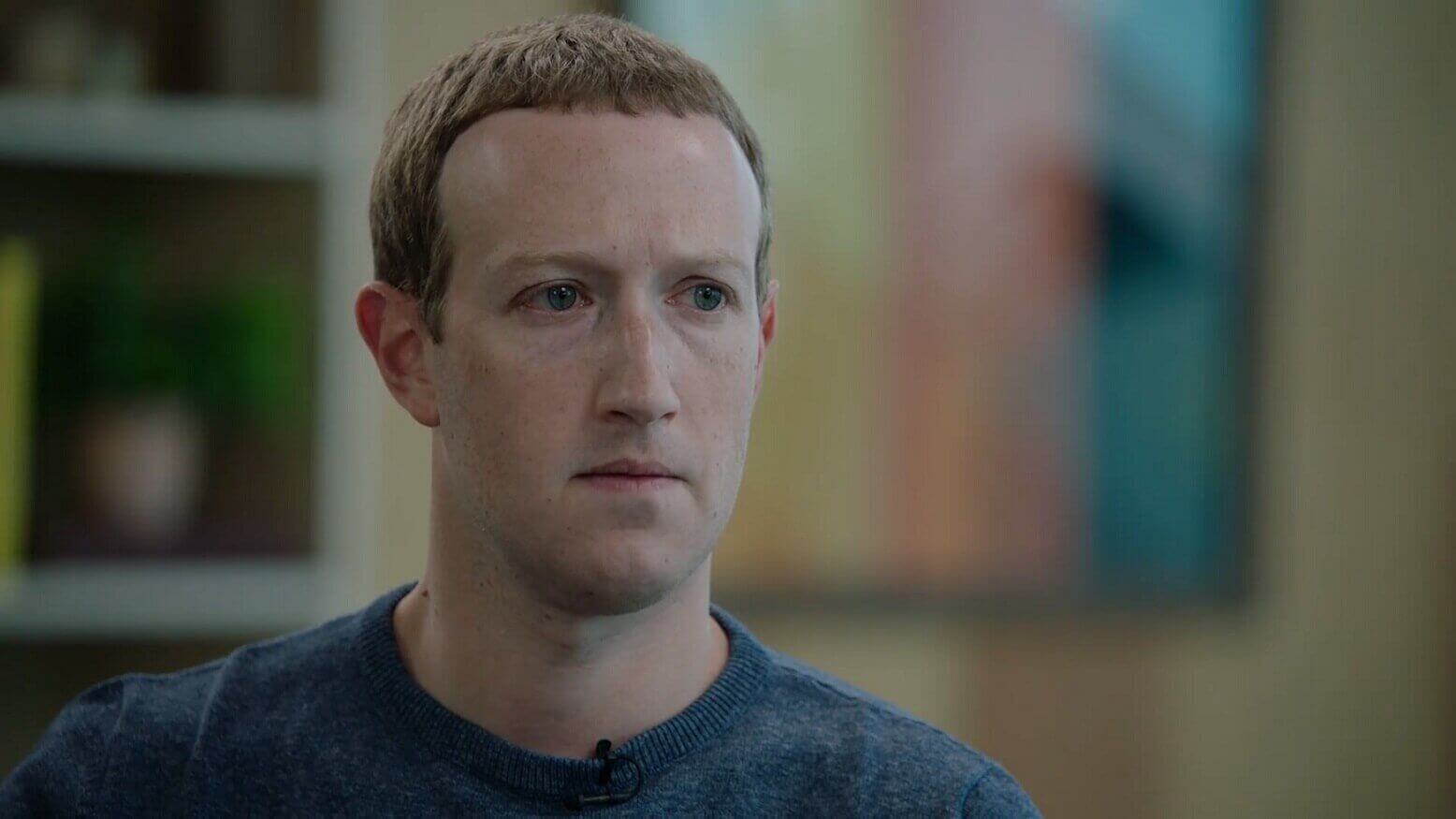
Facebook's Mark Zuckerberg is also expected to get grilled on issues relating to the company's many past acquisitions, including WhatsApp and Instagram. A case can be made that Facebook owns not one, but three of the largest social platforms out there, when it could have owned just one – the others it acquired before they could challenge its market position.
Then there's the acquisition of VPN provider Onavo, which was reportedly used to collect data on users and inform on which online services to purchase or clone. Last year, court filings revealed that Facebook had been leveraging its data policies to thwart potential rivals, as confirmed through recordings of internal communications that were presented in court.
Facebook also operates a large advertising business that may be too big and too permissive with controversial topics. Zuckerberg will likely have to explain why a large ad boycott by several companies and civil rights groups has done little to hurt the company's bottom line.
Ultimately, the hearing won't reveal any surprising facts about these companies and will likely feature some theatrics, as is often the case with antitrust hearings. Still, it will be interesting to see how regulators intend to make their case – after all, these companies compete more or less in the same markets.